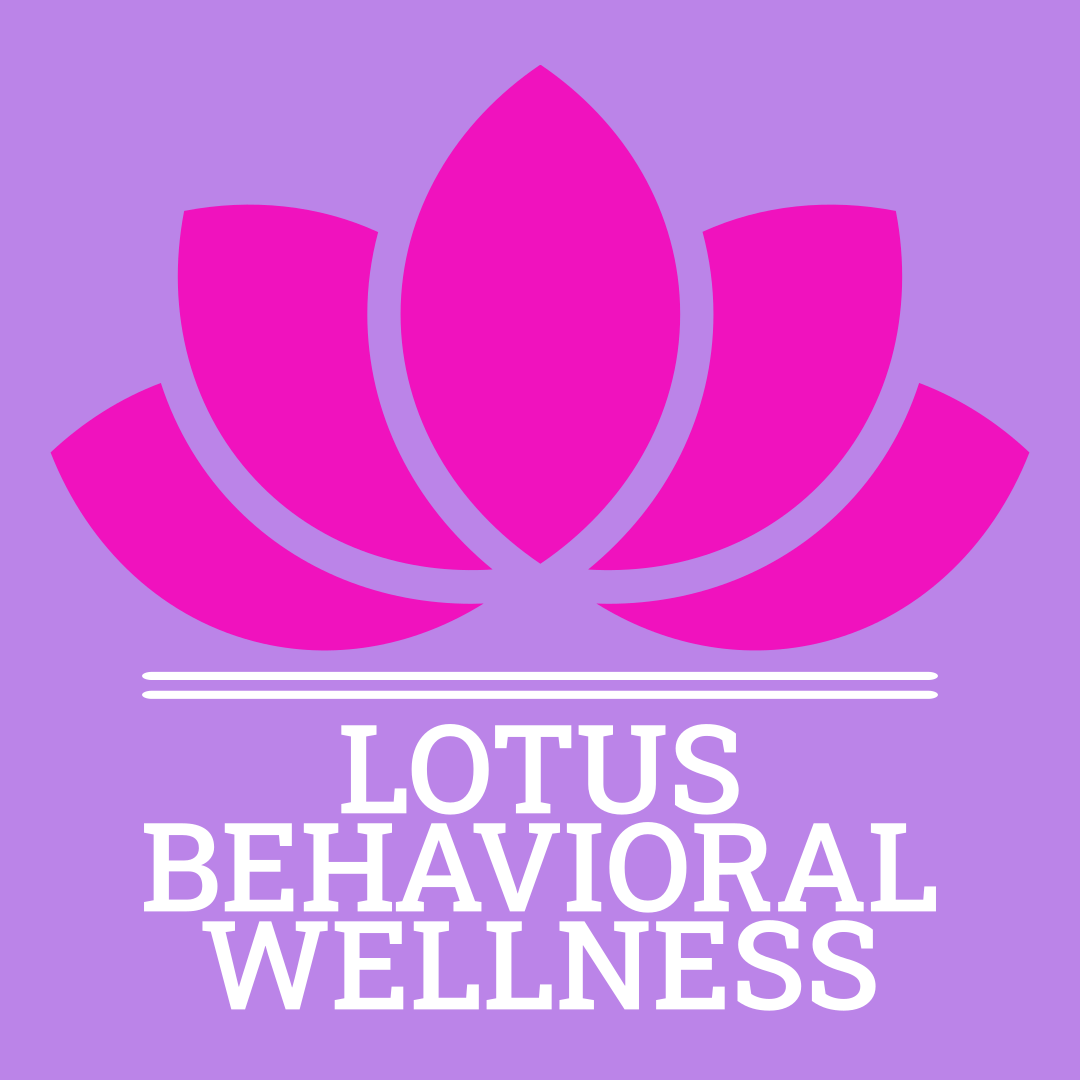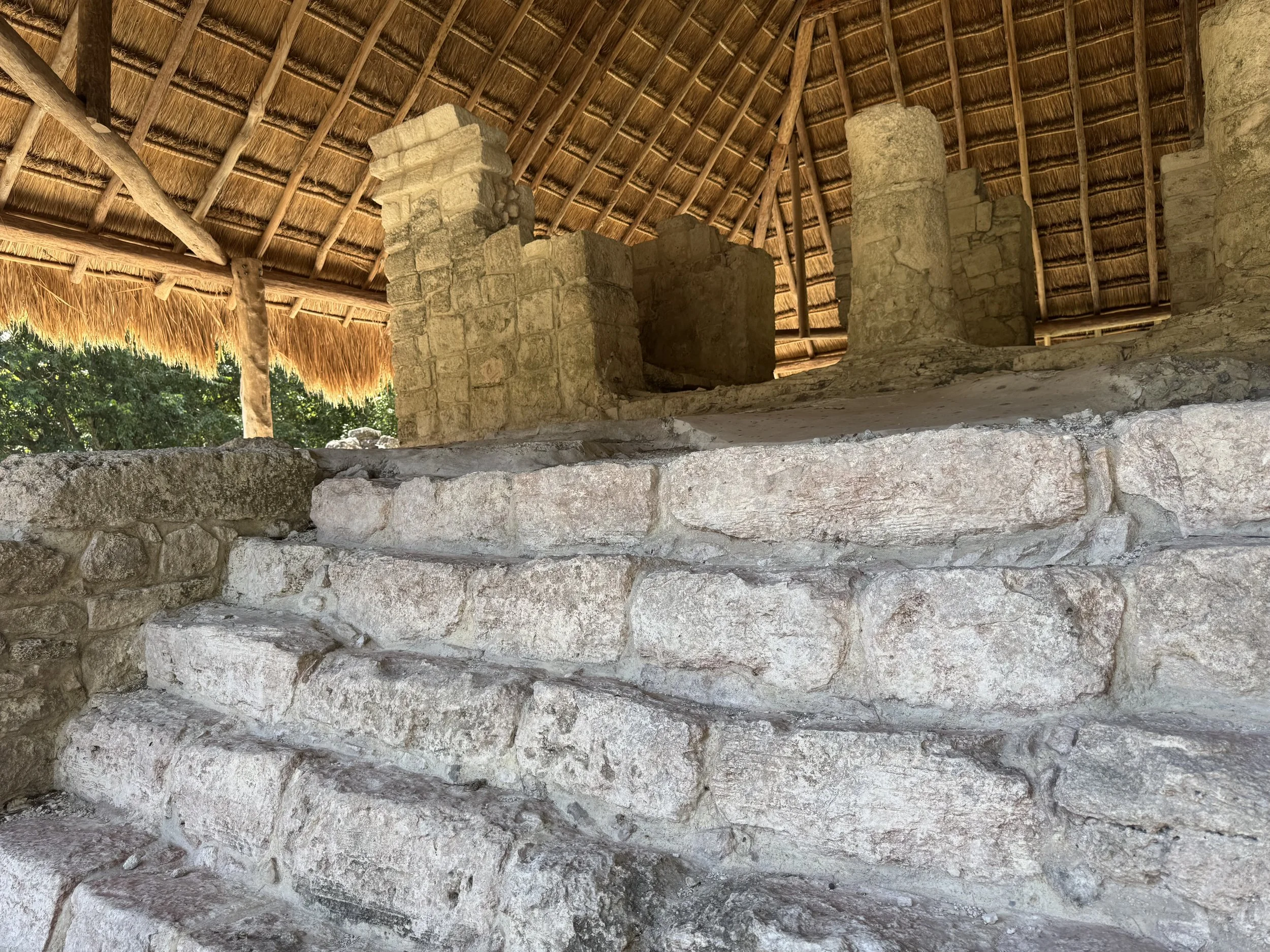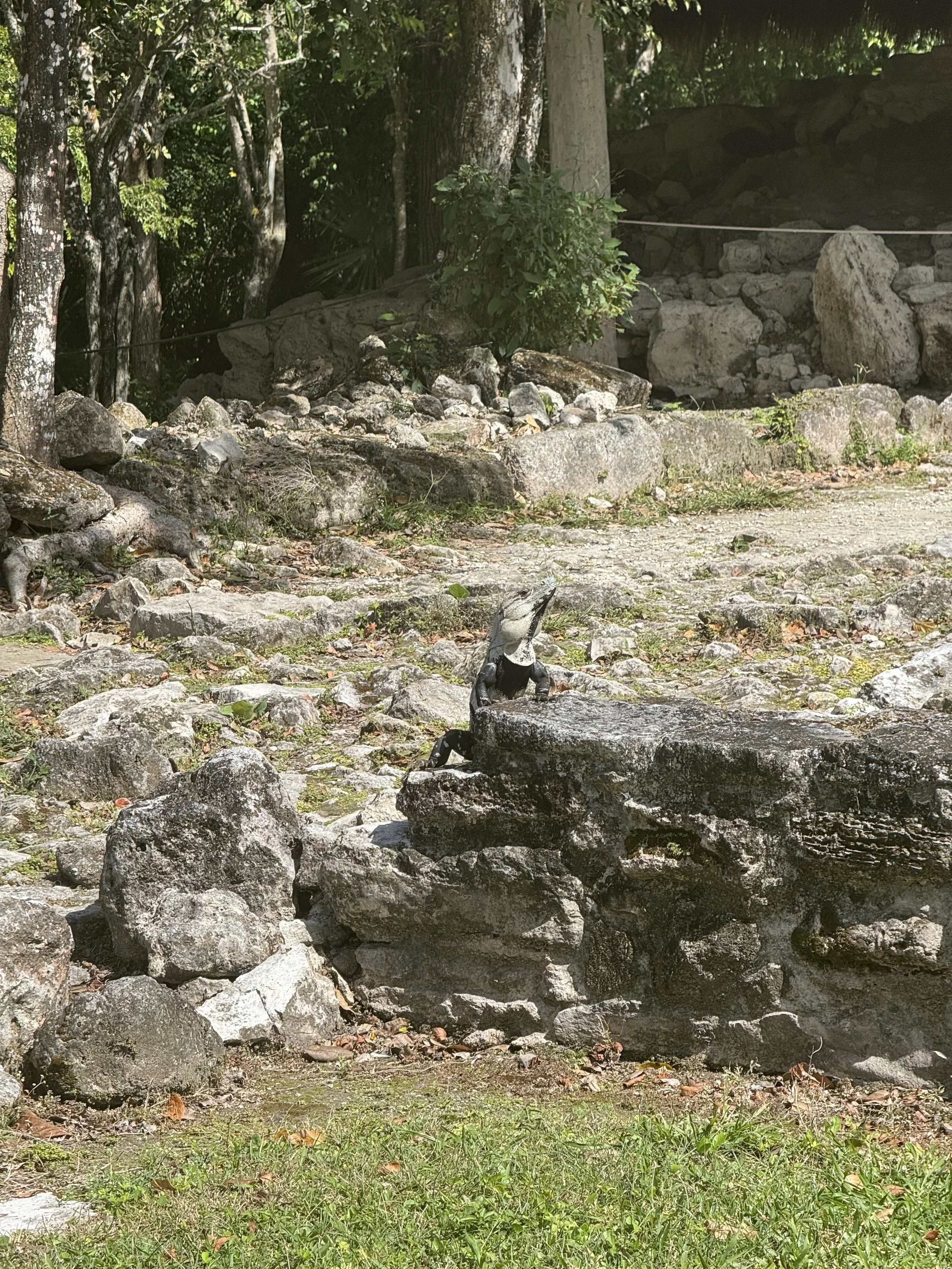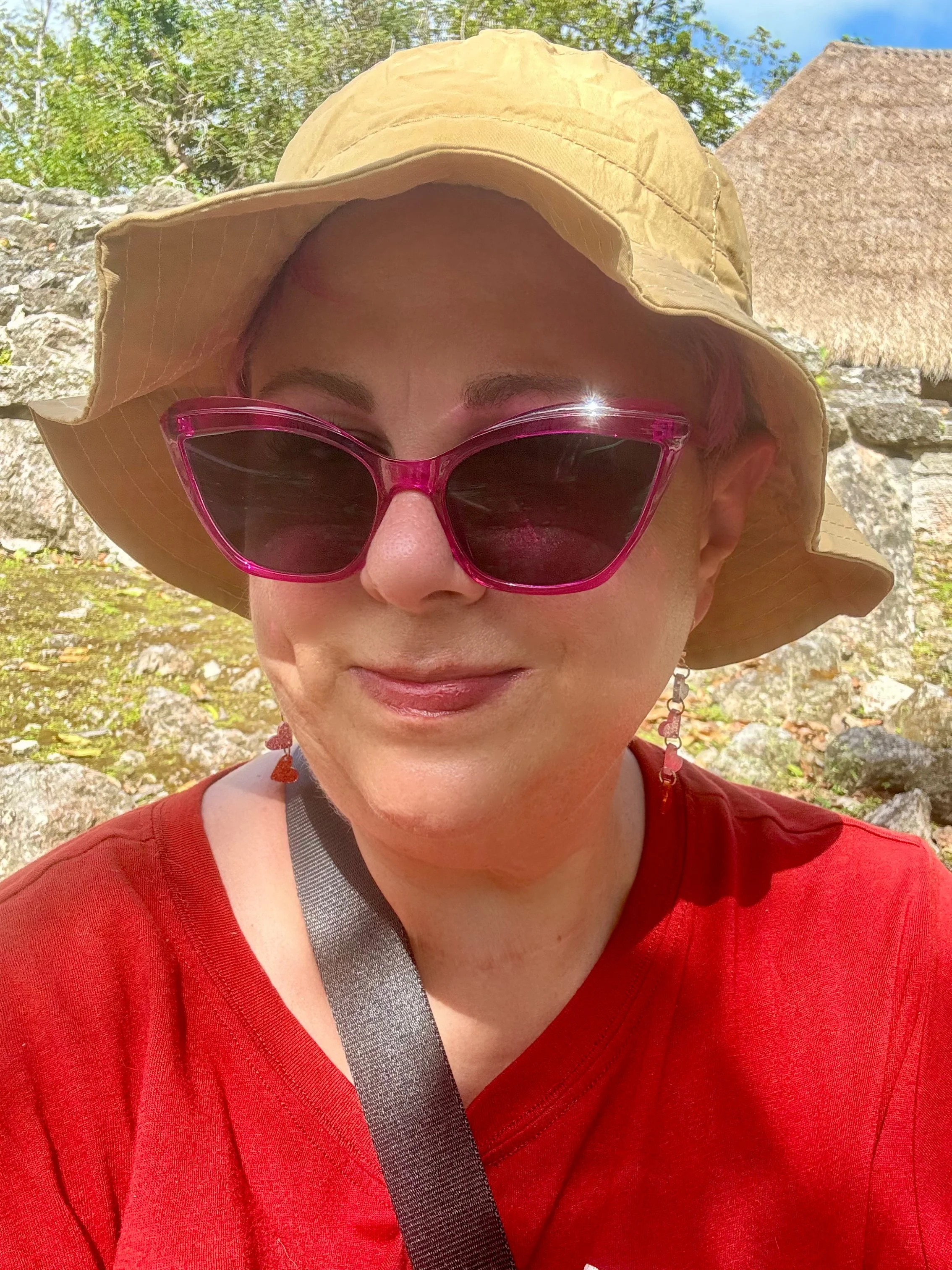How Cultural Anthropology Makes Me a Better Therapist
I recently had an opportunity to visit San Gervasio, a Mayan archaeological site. I was really excited to have this experience because it related back to the archaeology classes I’d taken during my undergraduate years.
My undergraduate degree is in anthropology which usually earns me a blank stare when I mention it. Before I realized that I wanted to be a social worker, I studied to be a cultural anthropologist. So what does that mean? To oversimplify, I wanted to be a professional people watcher as I observed and participated with the culture I would study. I realized that I would be expected to stay on the outskirts and not try to change things that felt unjust to me. That didn’t sit right with me and I realized that I wouldn’t ultimately be happy in that role, so I went to graduate school. Three years, two internships, one study abroad adventure and a lot of hard work later and I was a social worker.
Anyway, how does my anthropology degree help my therapy clients? Therapy isn’t just about listening—it’s about truly understanding where someone is coming from. My background in cultural anthropology helps me do just that. It gives me a deeper perspective on how culture shapes emotions, trauma, and healing, allowing me to meet clients with more empathy and nuance.
Not everyone sees mental health the same way. Some cultures lean on community, spirituality, or storytelling to heal, while others may view therapy with some skepticism. Anthropology has taught me to respect these differences and adapt my approach so clients feel seen and understood—without forcing a one-size-fits-all model.
Trauma isn’t just personal—it’s often tied to history, family, and society. My experience studying both cultural anthropology and social work helps me recognize patterns of generational trauma, systemic oppression, and cultural resilience. This broader view allows me to guide clients through healing in a way that honors their experiences.
At the end of the day, my goal is to create a space where clients feel heard, respected, and empowered.



